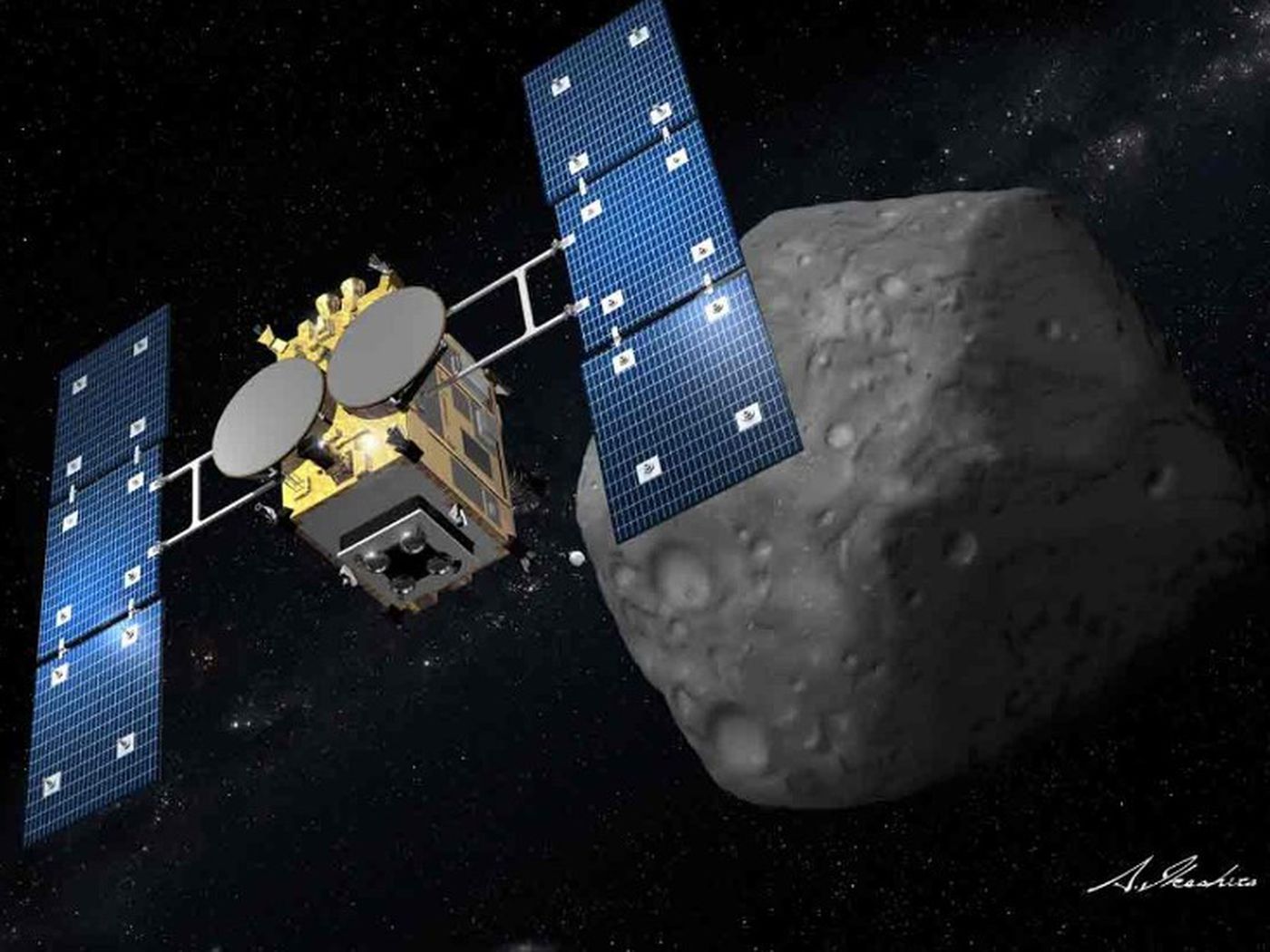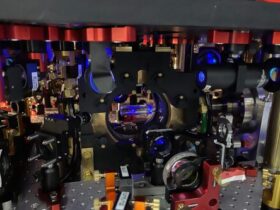Many of us on Earth are concerned with software updates for the newest editions of Windows, but in the meantime, the European Space Agency’s (ESA) Mars Express probe has gotten the first upgrade to its Windows 98-based software in 19 years.
The primary objective of the expedition was to look for indications of the presence of liquid water upon Mars, specifically a possible lake of saline water 20 kilometers by 30 kilometers in size that is covered by an ice cap 1.5 kilometers thick in the southern polar area of the red planet.
The modifications were carried out by experts from Italy’s National Astronomical Observatory, known as the Istituto Nazionale di Astrofisica (INAF), as well as the Italian Space Agency provided complete funding for them (ASI).
According to the organization, the modification will make it possible for the spacecraft to get more detailed images of Mars as well as its moon Phobos.
The agency did not provide a significant lot of data about the specifications of the gear that would be getting the upgrade; nevertheless, Tom’s Hardware believed that it may feature a Pentium 90 CPU. This would imply that it would be able to possibly run vintage games like Doom in addition to exploring the mysteries of Mars.
A sensor that is forty meters in length is used by the Mars Advanced Radar for Subsurface and Ionospheric Sounding equipment that is carried by Mars Express. This technology is responsible for transmitting low-frequency radio signals in the direction of the globe.
Waves that are mirrored off the crust of the planet are mostly absorbed by water, ice, soil, & rock, but some penetrate into the crust but also reflect off of the borders between these various layers.
Using the reflected waves, researchers can trace the architecture of Mars to a thickness of a few kilometers and analyze aspects such as the layer density of its polar caps & the attributes of volcanic rocks rock strata.















Leave a Reply